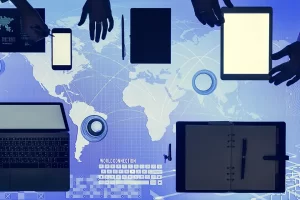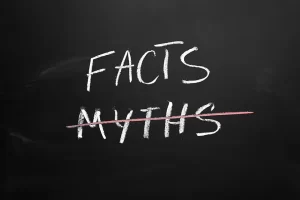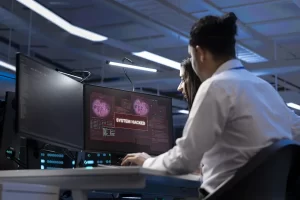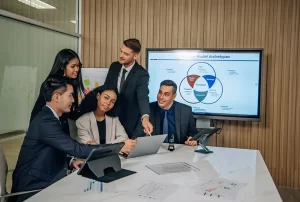A laptop is the most advanced piece of tech hardware you can buy. At the end of 2020, more than 50 million people around the world had bought it. Even though a laptop’s performance and portability might be better than a computer’s speed and hard drive, it still gets a lot of stuff on it over time. It is the main thing that slows it down.
Many experts would tell you to upgrade your laptop to Windows 10 or buy a new one, neither of which is a bad idea. But if you want to save money on your computer, a few small tricks could make a big difference in how well it works:
1. Update the Operating System on Your Laptop
Before you use your laptop, one of the first things you should do is update its operating system (OS). If you didn’t buy your laptop when it first came out, it would still use an older operating system. With each new update coming with important patches and fixes, it is best to install the most recent one to make sure your laptop is secure.
2. Install Security Software
The world we live in is dangerous. That’s not a secret. And since so much private information is now stored digitally, you need to make sure you keep important information from your computer. There is an easy way to fix this. By installing antivirus software that can scan your computer automatically or at a time you choose, you can stop possible attacks before they get worse.
Someone can hack your laptop’s data, and it’s always possible that your laptop could be lost or stolen. You can take steps to keep your laptop from getting stolen, like being careful when you use it in public. But you could also install anti-theft software.
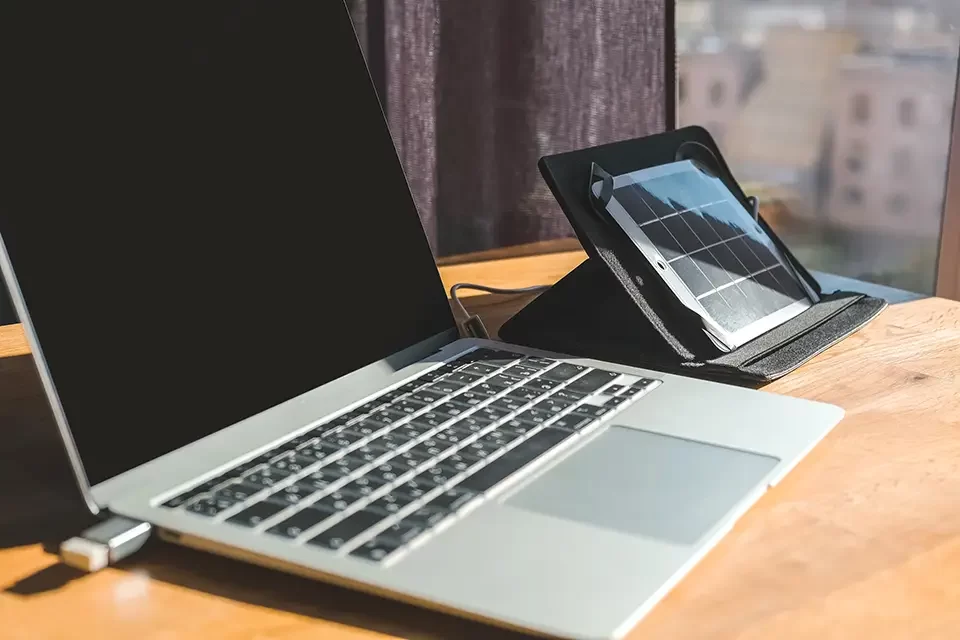
3. Get Rid of Software You Don't Need
This one is easy, but it’s one of the best ways to free up resources. If you frequently close programs when they start up on their own and don’t open them for a long time, you should uninstall them for now. These can be programs for work, games, or anything else.
4. Upgrade Your Storage
Upgrading your storage can significantly affect how fast and well your PC works. Most PCs come with spinning disc hard drives (HDD). But upgrading to a Solid-State Drive (SSD) makes your system run faster and better.
SSDs are usually more expensive than HDDs. But the faster boot times, program loading times, and overall responsiveness of the system can make the extra cost worth it.
SSDs come in different sizes or form factors, depending on your PC system’s needs. Desktops and laptops come in 2.5 and M.2 sizes. Make sure you buy the right SSD that works with your system. Additionally, you’ll be able to move all of your files and documents from your old hard drive to your new SSD, ensuring that you won’t lose any of your computer’s data.
Want to know more about your computer or laptop and how to get the best out of them? Just contact TASProvider, located in Richmond Hill, Ontario, for advice!


